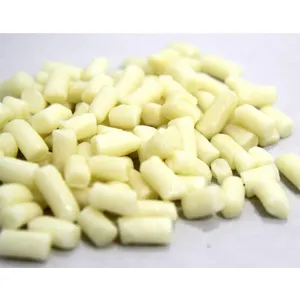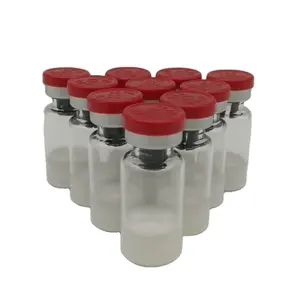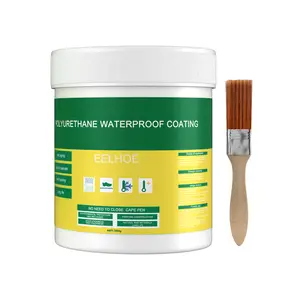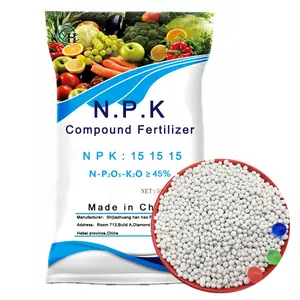Popular in your industry




































































Top categories
About phosphorus plant food
Phosphorus plant food plays an essential role in the modern agricultural and gardening landscape. Phosphorus, a key macronutrient, is crucial for the overall health and growth of plants. It is a component of ATP (adenosine triphosphate), the energy unit of plants, and is vital for several growth processes, including photosynthesis, nutrient transportation, and energy transfer. The application of phosphorus and potassium-based fertilizer ensures that plants receive an adequate amount of the vital nutrient, which is often lacking in native soils. For more bulk options, browse Alibaba. com.
The Importance of Phosphorus Plant Food
Phosphorus is integral to the development of a robust root system, especially in the early stages of plant growth. The strong root foundation is crucial for the efficient uptake of nutrients and water, setting the stage for healthy growth. Moreover, phosphorus is pivotal in flowering and fruiting processes. Plants that are deficient in phosphorus often exhibit stunted growth, weak root systems, and a marked decrease in fruit or flower production. The nutrient also plays a role in the development of DNA and RNA, which are essential for the creation and maintenance of new cells in plants.
Characteristics and Types of Phosphorus Plant Food
Phosphorus plant food is available in various forms, including granules, liquid concentrates, and slow-release pellets. Each type offers different benefits and application methods. Granular phosphorus is commonly used in preparing garden beds or lawns before planting, ensuring that the soil is enriched and ready for new plants. Liquid phosphorus and potassium fertilizer is nice for quick, direct application to the soil around the roots or as a foliar spray, offering faster absorption. Slow-release phosphorus-based fertilizers are designed to provide a steady supply of the nutrient over an extended period, minimizing the need for frequent reapplication.
Phosphorus Plant Food's Application
The application of phosphorus fertilizer for plants should be done judiciously and in accordance with the specific needs of the plants. Over-application can lead to an accumulation of phosphorus in the soil, potentially causing environmental issues like water pollution due to runoff. It's advisable to conduct a soil test before applying phosphorus fertilizer to determine the existing phosphorus levels and the soil's pH. The information guides the choice of fertilizer and application rates. Furthermore, phosphorus plant food should be applied at the right time in the plant's growth cycle, typically at planting or during periods of rapid growth, to maximize its benefits.
While phosphorus is essential for plant growth, environmental considerations must be taken into account when using phosphorus plant food. Excessive use of phosphorus fertilizers can lead to runoff that pollutes water bodies, causing algae blooms and other ecological imbalances. Responsible application, tailored to the specific needs of plants and based on soil testing, is key to reaping the benefits of phosphorus fertilization while minimizing environmental impacts. In conclusion, phosphorus organic fertilizer is an invaluable resource in agriculture and horticulture, supporting healthy plant growth and development. Its judicious use, based on an understanding of plant requirements and environmental stewardship, is vital for sustainable and effective gardening and farming practices.
























